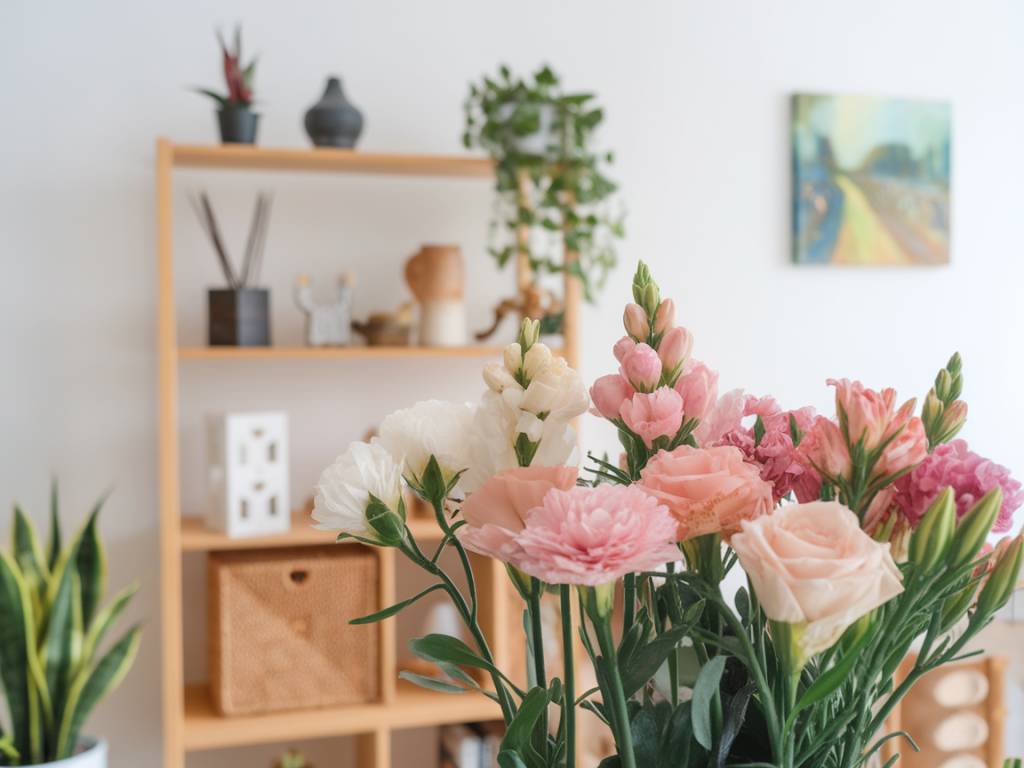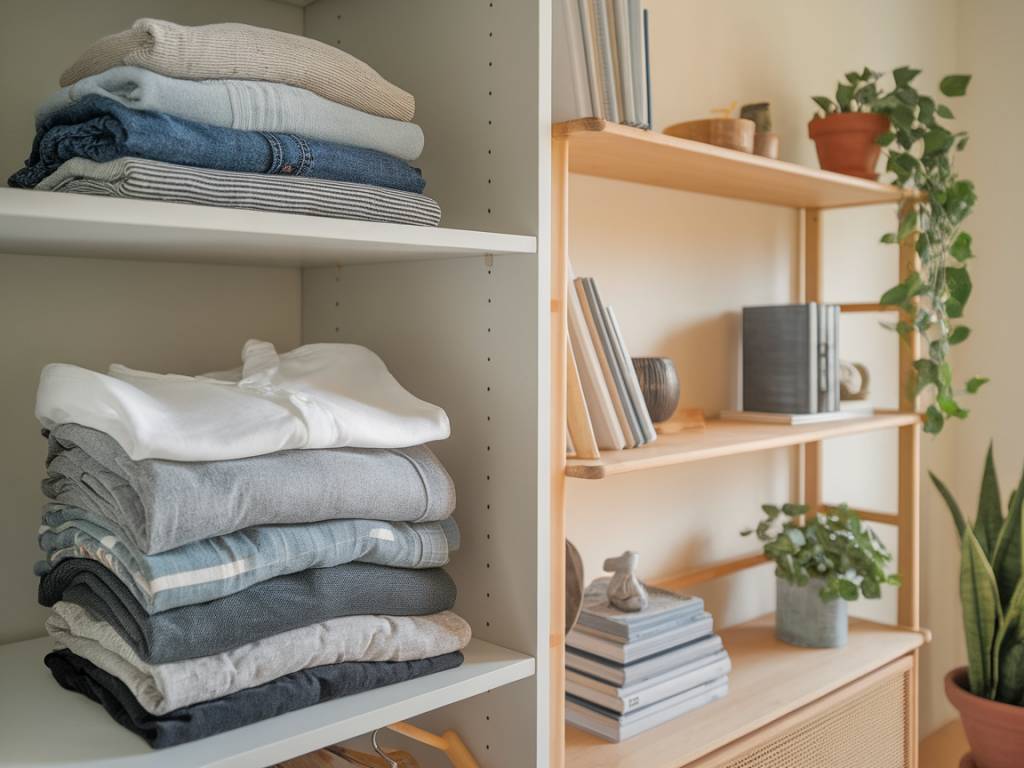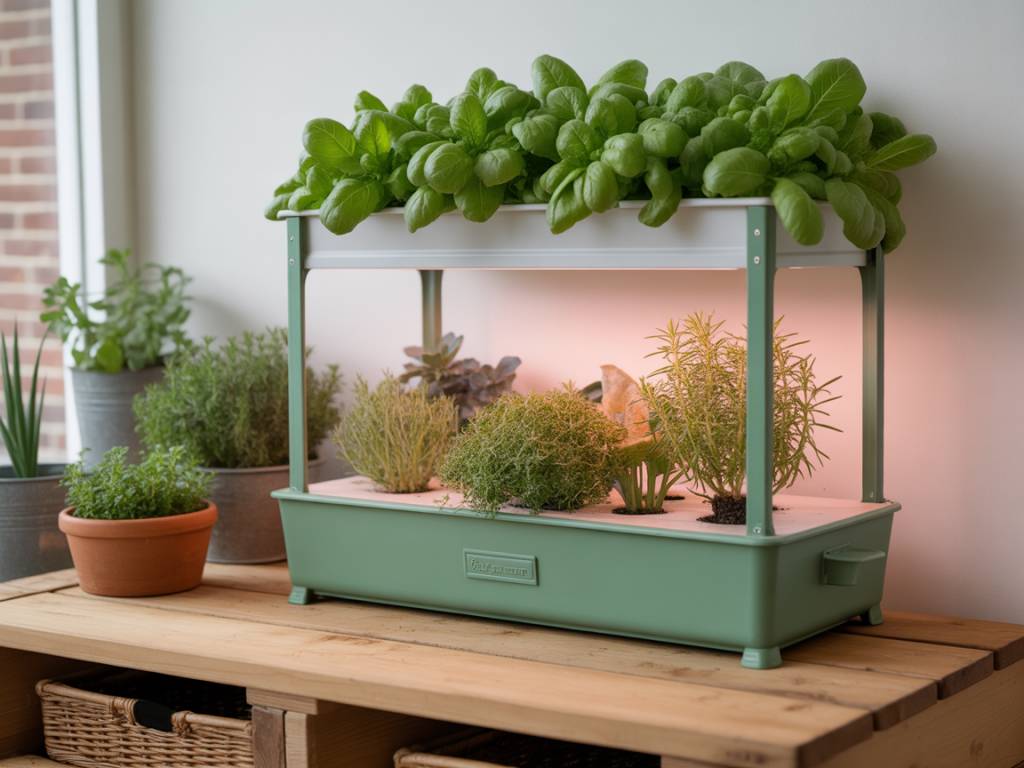Understanding Natural Pest Control
Keeping your home free from pests is essential for maintaining a healthy and comfortable living environment. Many people turn to chemical insecticides and traps, but these can often have harmful effects on humans, pets, and the environment. Fortunately, there are numerous natural ways to keep pests at bay. This article explores some of the most effective and eco-friendly methods for naturally controlling pests in your home, ensuring a safe space for you and your family.
Essential Oils: A Natural Deterrent
Essential oils are potent natural substances derived from plants that can be extremely effective in repelling a variety of pests. Here are some of the most effective essential oils for pest control:
- Peppermint Oil: Excellent for repelling ants, spiders, and mice. Mix a few drops with water and spray around entry points and other areas where pests are seen.
- Lavender Oil: Known for keeping moths and fleas away. Place sachets with lavender oil in your closets and drawers.
- Eucalyptus Oil: Effective against mosquitoes and flies. Use in a diffuser or create a spray with water.
- Tea Tree Oil: Works well against a variety of household pests including ants and cockroaches. Mix with water and use as a surface spray.
Plants That Repel Pests
Certain plants naturally repel pests, making them an excellent addition to your home and garden. Here are some plants you might consider:
- Mint: Keeps ants and mice at bay. Plant it around your home or keep potted mint plants indoors.
- Lavender: Besides its aromatic qualities, lavender repels moths, fleas, flies, and mosquitoes. Grow lavender near entryways or indoors in pots.
- Marigold: Effective at repelling aphids, mosquitoes, and even rabbits. Plant marigolds in your garden or around the perimeter of your home.
- Chrysanthemums: Known to deter roaches, ants, and ticks thanks to the natural pesticide, pyrethrum. These can be grown indoors or outdoors.
- Basil: Not only does basil enhance your cooking, but it also keeps mosquitoes and houseflies away. Keep potted basil in the kitchen and other indoor spaces.
Homemade Natural Repellents
Several simple homemade mixtures can be surprisingly effective at repelling pests:
- Vinegar Spray: Mix equal parts of water and white vinegar in a spray bottle. This mixture repels ants and kills bacteria that may attract other pests.
- Lemon Juice Spray: Mix lemon juice with water and spray around entry points. The citrus scent deters fleas and roaches.
- Borax and Sugar: A mix of borax and powdered sugar can be used to create an effective ant bait. Remember to keep this out of reach of pets and children.
- Baking Soda and Sugar: Sprinkle a combination of baking soda and sugar to combat cockroaches. Cockroaches are attracted to the sugar and killed by the baking soda.
- Diatomaceous Earth: This natural powder can be sprinkled in areas where crawling pests like ants, bed bugs, and fleas are seen. It works by dehydrating insects.
Proper Home Maintenance
Good home maintenance practices can significantly reduce the likelihood of pest infestations. Here are some crucial steps:
- Seal Cracks and Gaps: Ensure that windows, doors, and external walls are free from cracks and gaps where pests can enter.
- Fix Leaks: Pests like cockroaches and rodents are attracted to moisture. Repair leaking pipes and drainage problems promptly.
- Clean Regularly: Regular cleaning reduces clutter and food debris that attract pests. Pay attention to kitchen counters, floors, and under appliances.
- Store Food Properly: Use airtight containers to store food to prevent attracting pests like ants, rodents, and cockroaches.
- Manage Trash: Dispose of garbage regularly and use sealed bins. This prevents pests from finding food sources.
Natural Pest Control for Specific Pests
Different pests require different approaches for effective control. Here are some natural methods for specific pests:
- Ants: Besides essential oils and home mixtures, you can use cucumber peels or coffee grounds around entry points to repel ants.
- Flies: A mix of apple cider vinegar and dish soap in a bowl can trap and kill flies. Keep basil or mint plants around windows and doors.
- Mice: Besides peppermint oil, placing steel wool in holes and gaps can prevent mice from entering your home.
- Spiders: Citrus peels are effective at repelling spiders. Additionally, keeping the house clean and vacuumed ensures spiders don’t find hiding spaces.
- Bed Bugs: Use diatomaceous earth and steam cleaning to control bed bugs naturally. Frequent washing and drying of beddings at high temperatures also help.
Benefits of Natural Pest Control
Choosing natural pest control methods offers several benefits:
- Healthier Environment: Natural methods avoid the harmful chemicals found in many commercial pesticides, ensuring a healthier living space for humans and pets.
- Eco-Friendly: These methods are environmentally sustainable and prevent soil and water contamination.
- Cost-Effective: Many natural pest control solutions use items that you may already have at home, making them an economical choice.
- Safety: Natural pest control poses minimal risk to children and pets compared to chemical alternatives.
- Effectiveness: When used correctly, natural methods can be just as effective as their chemical counterparts.
By incorporating these natural pest control strategies, you can maintain a pest-free home without compromising on safety or environmental responsibility. From essential oils to proper home maintenance, these methods provide practical and effective solutions for a healthier living space. So go ahead, give these natural remedies a try and enjoy a pest-free home naturally.







